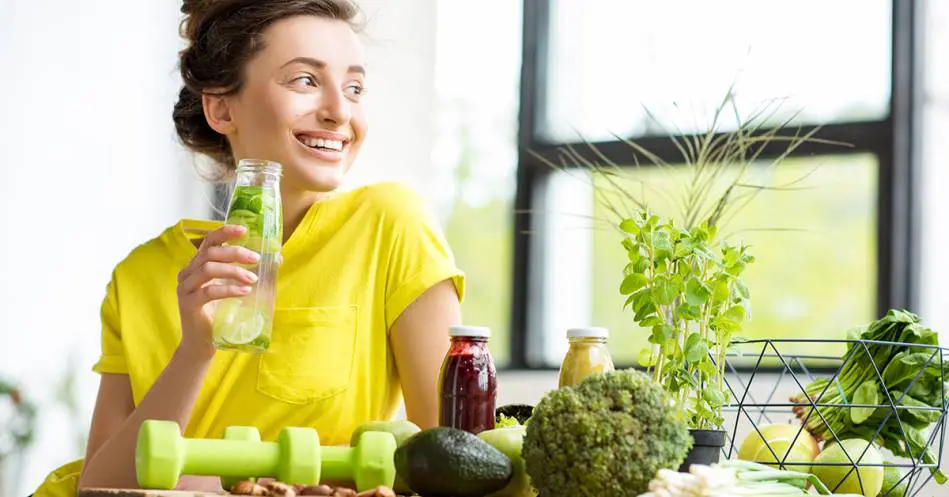
How a vegan diet can improve your fitness?
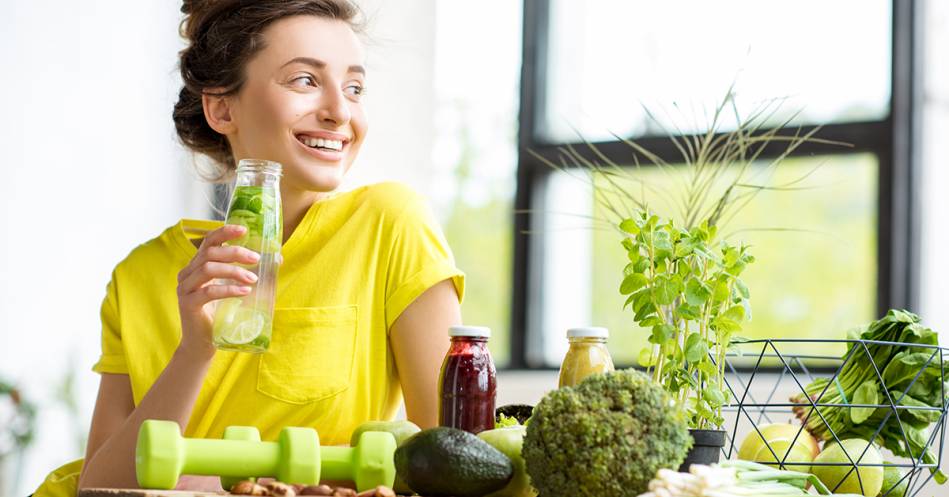
Many people believe that a vegetarian diet means simply not eating meat. There are several types of vegetarianism. Semi-vegetarians do not eat red meat. Lacto vegetarians consume dairy products alongside their plant-based diet, ovo vegetarians consume egg products, lacto-ovo vegetarians consume dairy products and egg products. The vegan diet is the strictest, which eliminates all animal products and their by-products from the diet. Followers of a vegan diet mainly decide to follow the vegan principles due to environment and animal protection reasons. Many opt for a vegan lifestyle due to health-related considerations. Plant-based diets are becoming popular also among athletes, especially among endurance athletes. The greatest fears of athletes about a vegan diet are the followings: when following a vegan diet it is not possible to build muscle, athletes might lose their existing muscle mass, athletes may put on weight or due to the one-sided nature of the diet it can be harmful to their health.
| Mental fitness and vitality are also among the many benefits of a purely plant-based, vegan diet. By combining the right ingredients, a vegan diet can be transformed into a complete diet. |
The biggest issue is that many people just simply eliminate animal-based products and they consume huge amounts of bread, pasta, rice and some vegetables. Thus the fears materialise. It is possible to put together a healthy diet, which provides the body with all necessary amino acids, proteins and micronutrients, but for this you need to follow a carefully compiled dietary plan.
Benefits of a vegan diet
Let’s look at the most popular goals and see how can you achieve them by following a vegan diet.
1. It can help you lose excess weight and build lean muscle
When you want to lose weigh , besides following the rules of the vegan diet you also need to avoid consuming excess amount of simple sugars, cereals and always eat wholefoods. Vegans are “not afraid of” vegetables, which is a great help in losing weight. In order to reduce the percentage of fat, your meals in the evenings shall consist of rather vegetables and legumes; avoid high quantities of fruits, because they are rich in sugar.
2. Building muscle
Now comes one of the most contested topic: proteins.
|
Plant-based protein sources are not complete proteins, which means that they do not contain all essential amino acids. But by the correct combination of foodstuffs plant-based proteins can also be turned into complete proteins. |
Lysine is a limiting amino acid in cereals, methionine is a limiting amino acid in legumes, oil seeds and nuts, while tryptophan is a limiting amino acid in corn. The simplest principle we need to remember is that our main courses need to contain cereals, legumes and oil seeds at the same time. Eat legumes together with dishes containing corn. There are several calculators available for defining the protein intake required by the human body, but if our goal is to build muscle we can also follow the principle of 2 gram of proteins/ body weight kg. This means 140 grams of daily protein for a 70 kg person. If athletes struggle to ensure the required daily protein intake, there are several plant-based protein products, for example rice protein powder, which is also called Vegan Protein.
Regularity, rest and relaxation and appropriate amount of workout are also crucial alongside paying attention to the quantities.
3. Improving stamina
Improved stamina is often linked to plant-based diets. A diet based on vegetables and fruits provides the human body with a significantly higher vitamin and mineral supply and the metabolism works also a lot better. If you consume good quality, non-refined carbohydrates, you can avoid fluctuation in your blood sugar level and the resulting decline in your performance and concentration issues. If you complete your vegan diet with the absent minerals and vitamins, you complete the amino acids and you can establish a complete diet. Besides the intake of sufficient nutrients, you need to consume sufficient amounts of fluids and supplement electrolytes, Na, Ca and Mg, especially if you are under heavy physical stress and if you sweat a lot.
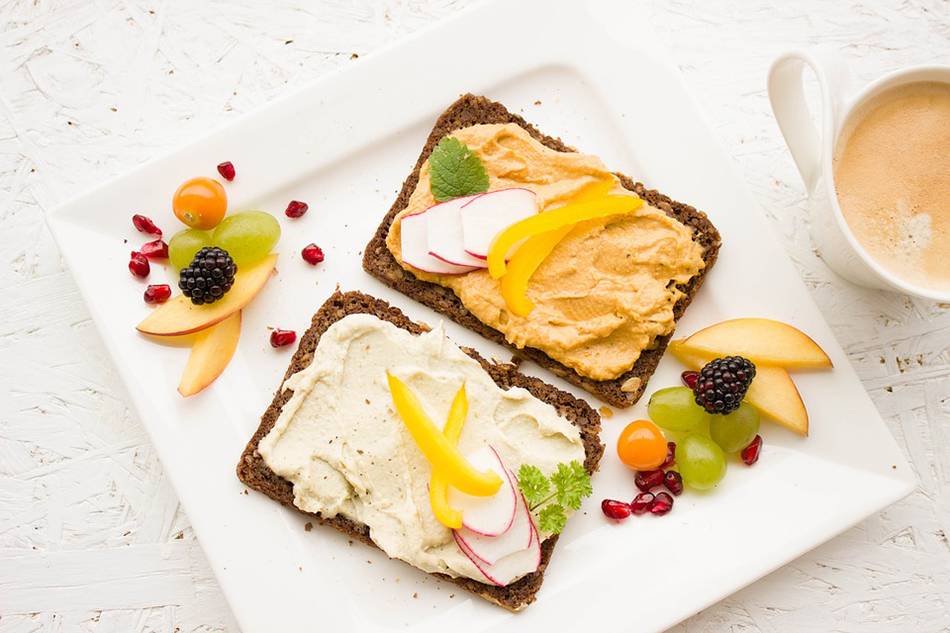
Tips for a vegan diet
1. Pay attention to your calorie intake to ensure that your body gets the right amount of fuel
It is still a common trend among athletes following a vegan diet that they start losing weight and muscle mass. By using a calorie calculator you can accurately define your calorie, protein, fat and carbohydrate requirement.
2. Optimum ratio of essential fats
Until these days there is a great controversy with respect to fats. According to surveys we consume too much Omega-6 and too little Omega-3. The WHO guideline on fatty acid intake defines the ratio of Omega-6 and Omega-3 at 1:10, which can be easily followed by consuming the following seeds:
- Seeds, oils containing Omega-6: sunflower, maize-germ oil, wheat-germ oil, walnut, almond, pecan nuts, pumpkin seed, pine nut, poppy seed, sesame seed
- Rich in Omega-3 fatty acid: chia seed, linseed
3. Flavours, variety
Following a vegan diet does not simply mean omitting meat from our diet and that we only eat the garnish. By the development of the vegan diet a completely new culinary art was born. We recommend visiting vegan events, cooking courses and collecting ideas in order to implement variety in your diet. Explore spices and the Indian cuisine. If you are keen on honey-based flavours, try agave or rice syrup. You can replace milk with vegetable milk and shops are offering high quality vegetable yoghurts and a vegetable cheese selection.
4. Fructose intake
The cycle of fructose breakdown does not require insulin, therefore it is a recommended sweetener in the diet of patients suffering from diabetes, but it is also used as corn syrup in various dishes. The body uses fructose for topping up the glycogen stockpiles, but upon excessive intake it is stored in fat. Followers of a vegetarian diet tend to eat too much fruit, which contributes to increased fructose intake, which leads to quick weight-gain. Therefore it requires extra attention, similarly to consuming agave syrup.
5. Dealing with time pressure by following a conscious approach
Using the right ingredients and eating meals prepared at home under controlled circumstances is one of the fundamental pillars of healthy eating. This is difficult to follow many times, as it is not easy to put everyday versatile and fresh meals on the table. This can only work if you are ready to plan everything in advance, namely you need to know what you are going to prepare, and you need to consciously compile the respective shopping list.
You can also prepare multiple cereals or vegetables, which can be used for several meals. For a snack between meals or for breakfast we recommend a nutritious shake made of varied ingredients.
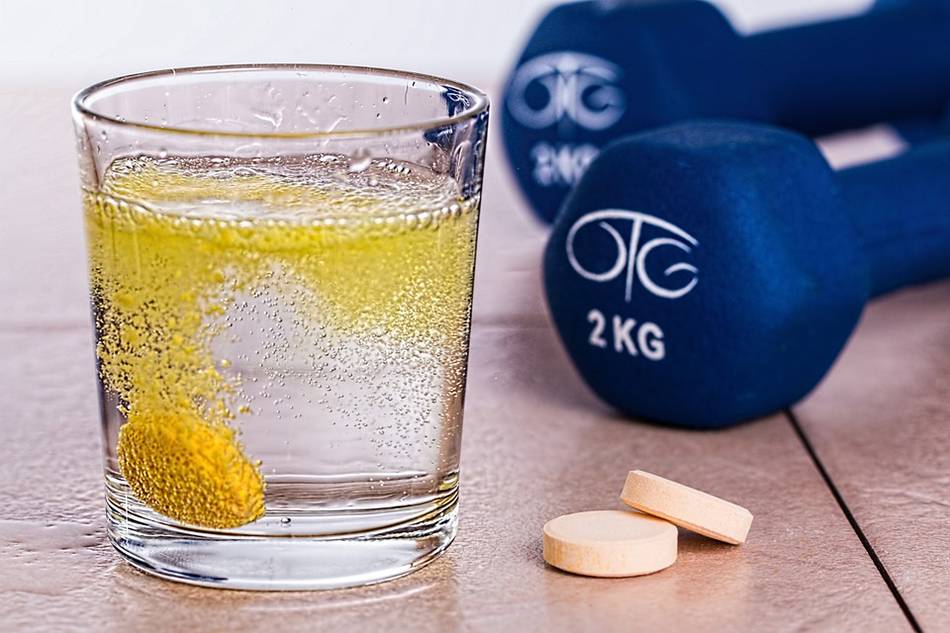
Supplement the following micronutrients if you are following a vegan diet
There are certain vitamins and minerals necessary for the human body, which are difficult or impossible to be supplemented when following a vegan diet. It is recommended to provide their intake by using a dietary supplement. Let’s see which are these:
- Iron: is crucial in red blood cell generation and oxygen transportation. Iron deficiency is often indicated by fatigue, headache and weakness. Iron of animal origin is in a hem bond, which can be absorbed by the body easier. The absorption of plant-based iron can be improved if we consume also vitamin C with it. Foodstuffs rich in iron, for example: wheat bran, sesame seed, pumpkin seed, legumes, linseed, pistachio nut, millet, quinoa, amaranth.
- Vitamin B12: crucial for the normal operation of the nervous system. When following a vegan diet, the required amount cannot be provided. We recommend using a dietary supplement.
Besides the above key nutrients we also need to pay attention to the Omega-3, calcium and vitamin D intake. Deficiency diseases can be prevented by following a balanced diet and using dietary supplements.
Food tips for a balanced day
Let’s see in practice what kind of food combinations are recommended for your daily courses.
Breakfast for a vegan diet:
Breakfast can be a bit richer in carbohydrate to give you energy for starting your day and to restock your glycogen stockpiles.
- Porridge with fruits: it can be prepared with spelt, oat, millet and rice. Make it more interesting with vegetable milk, cinnamon, hemp seed, goji berries, chia seed, linseed and fruits.
- Bean spread with herbs, rye bread and sauerkraut
- Vegetable yoghurt with puffed amaranth, buckwheat flakes and roasted almonds
Mid-morning snack:
Fruits are recommended mainly during the first part of the day, thus before lunch they are a good choice.
- Green smoothie variations
- Homemade dried apricot, blueberry muesli bar with pistachio nuts
- Muesli bar with dried plums and walnut
Lunch:
Make it a full meal with a relatively high calorific value, otherwise it will cause ravenous appetite in the afternoon, evening. Raw meals are also a good option for lunch, because they have a higher vitamin and fibre content.
- Dried tomato-vegetable millet with pine nuts
- Chick-pea loafs with cashew nut-vegetable bulgur salad
- Beetroot-grilled vegetable wrap with tahini sauce
Afternoon snack
- Whole wheat roll with roasted peppers
- Hummus with carrot, cucumber and celery dippers
- Rocket salad with walnut and lentil loafs
Dinner for a vegan diet:
We recommend a cooked meal for dinner, which will help your body to digest the meal easier. If you want to achieve lean muscle, make sure that your diet consists of more vegetables and less cereals.
- Roasted carrots with sesame seed lentil salad and quinoa
- Aubergine filled with buckwheat
- Tortilla wrap with avocado and bean spread
Snack, sweets
- Rice pudding with strawberry jam and fresh fruit
- Banana ice cream with cashew nuts and combined with fruits of your choice. Use frozen banana slices to ensure a creamy consistency.
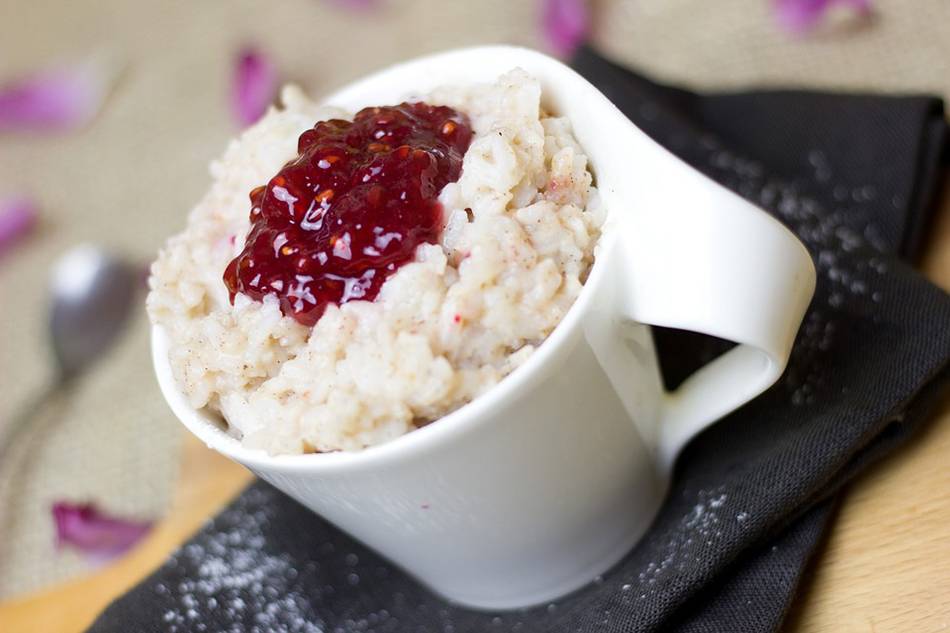
After workout or as snacks between meals – if we don’t have time or possibility to prepare anything else- a shake made of plant-based protein can be very handy, for example using Vegan Protein. Prepare it thicker and enjoy a very delicious custard dessert.
Vegan diet: 5 rules to follow
As a summary let’s have a look at the 5 key rules to follow during your vegan diet in order to achieve and maintain your fitness:
1. Pay attention to your nutrient intake!
Use a calorie and nutrient calculator to check your needs according to your goal and design your dietary plan accordingly.
2. Supply your body with the absent micronutrients!
When following a plant-based diet, pay attention to your vitamin B12, vitamin C, vitamin D, iron, zinc and Omega-3 fatty acid intake.
3. Pay attention to the complete intake of amino acids, in order to grow your muscles instead of breaking them down!
The simplest rule to remember is to ensure that all main courses contain cereals, legumes and nuts at the same time. Eat legumes with dishes containing corn.
4. Planning is key
Plan in advance what and where you will buy, prepare and take with you.
5. Eat a variety of foods
Eating a variety of foods is a very important principle in preserving your health. Try new flavours, enrol to cooking courses and learn new recipes!